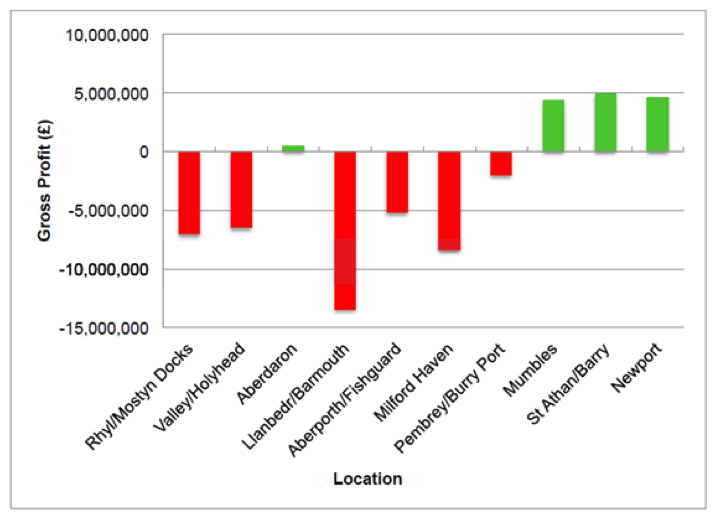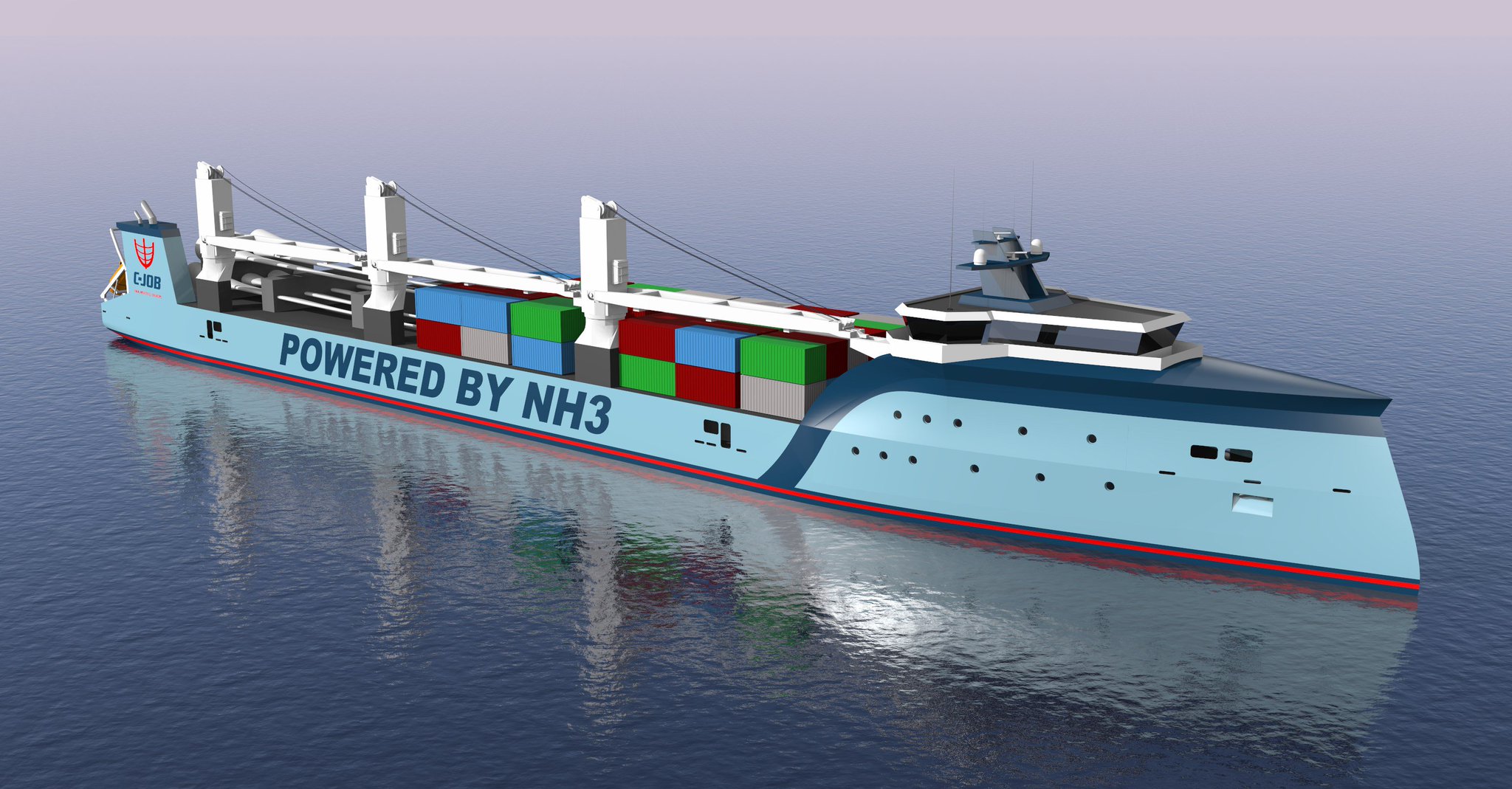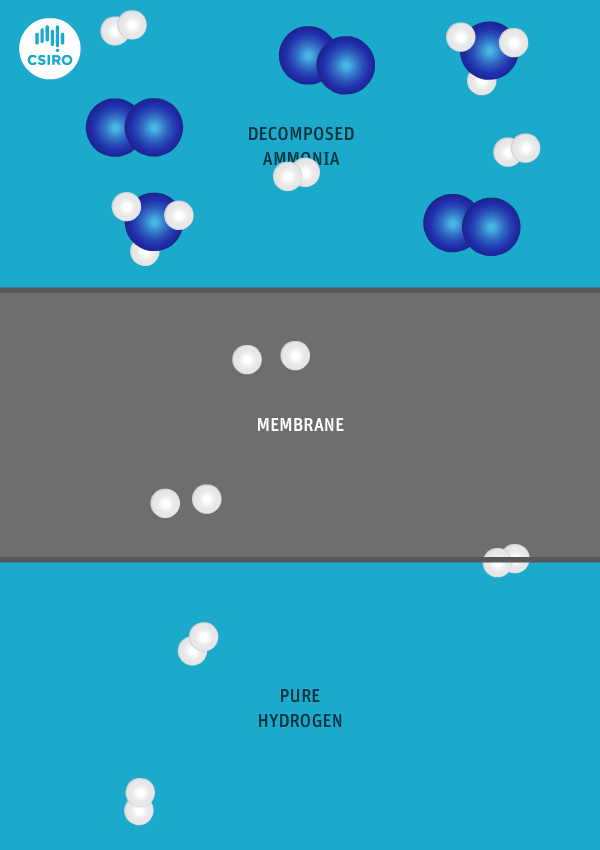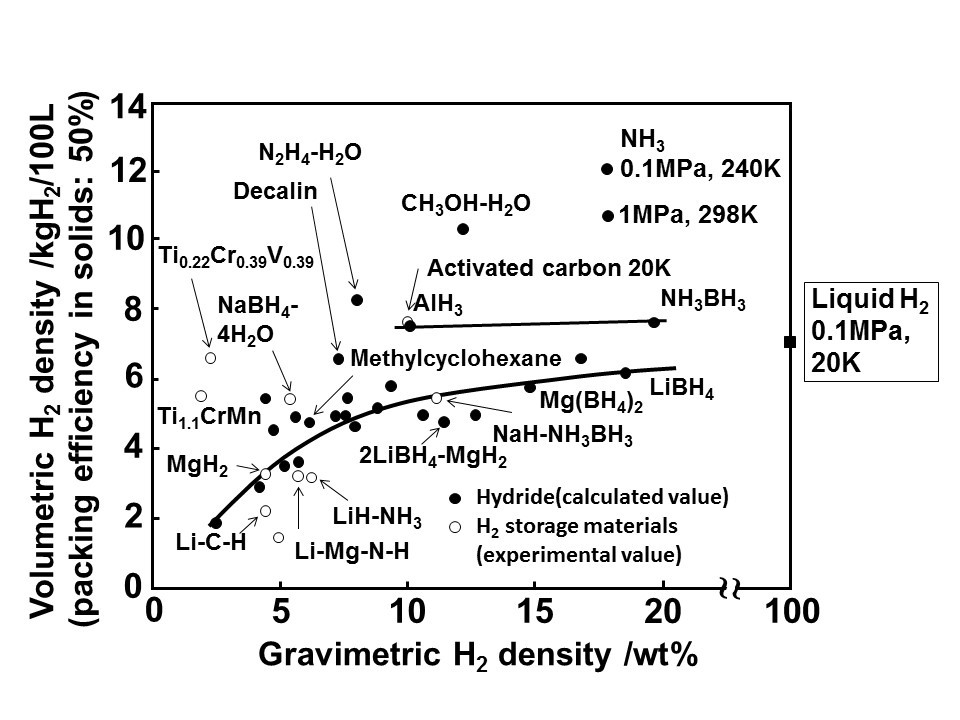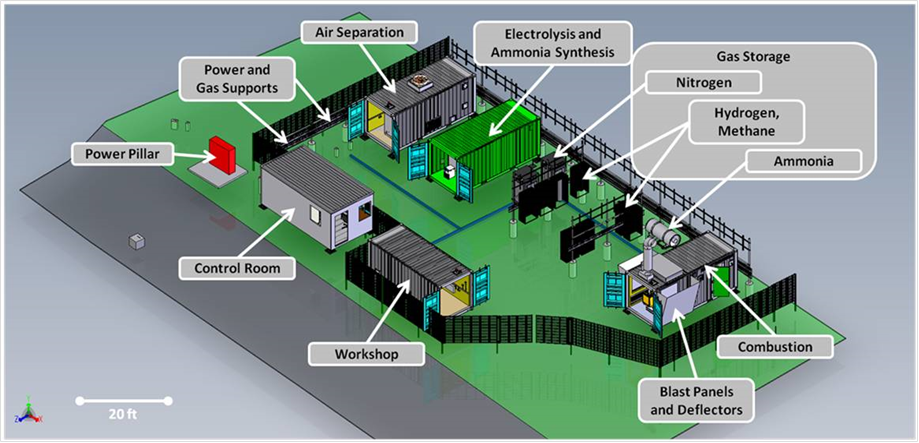Royal Society Releases Low-Carbon Hydrogen Briefing
On February 8, the Royal Society released a policy briefing entitled “Options for producing low-carbon hydrogen at scale.” The briefing evaluates the technical and economic aspects of hydrogen production methods and concludes that it is indeed feasible to produce low-carbon hydrogen at scale. Part of that feasibility, the briefing says, could be based on the use of ammonia as an expedient for hydrogen transport and storage.

